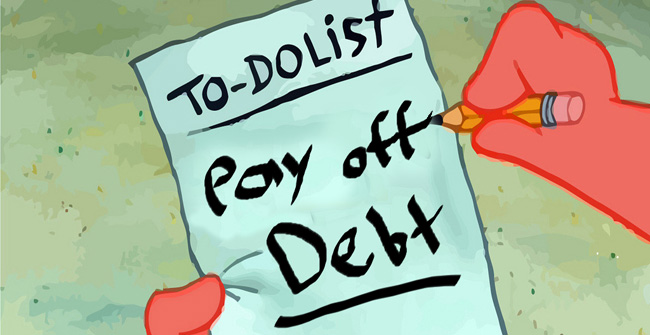 Originally, I started this post back in 2015 but never got around to completing my second installment. After brainstorming and thinking about different financial tools that I wish I knew when finishing college or while I was in college I came up with a few topics. This post is a follow up to installment one Financial Responsibility I. Please be advised that I am not an expert. Nor do I hold a degree or certificate in financial advising. The information is based on life experience. Feel free to continue reading if you would like to read my personal experiences. Topics: Emergency Fund An emergency fund is very important. It can cover all of your financial burdens for 6 months if you plan correctly. Personally, the biggest challenge that I faced when deciding how much my personal emergency fund would be was identifying when it become an unrealistic goal? If I add up all my expenses and get a total of $12,000 is that realistic for me to save? Then after further research I found that 3 months is a more realistic goal for me at the moment. This brings my goal from $12,000 to $6,000. After creating the goal amount, a budget then needs to be created. During the first installment I mentioned a few Apps that I find helpful. Mint is definitely one that comes to mind when it comes to setting a financial goal. For instance lets say my goal was to save $200 a month into a certain account until I reach $6,000. I can label this savings account as my Emergency Fund account via the Mint website or app on my phone. The app also lets you specific when you would like to have this goal completed. A few tips: 1. List out your expenses and identify needs and wants. Ex:
It is important to remember than an emergency fund cannot be touched unless there is a true emergency. I wouldn't count a new pair of shoes, a new purse, or a new phone (unless your phone ends up in a river or something). Paying Off Debt There are numerous ways that debt can be paid off. I will touch on two strategies that I think are important. First identify your goal. Do you want to lower your debt or increase your credit score? Please refer to the first installment for a high level overview of the importance of Credit.
Total credit card debt in the U.S.: $504 billion
0 Comments
Leave a Reply. |

